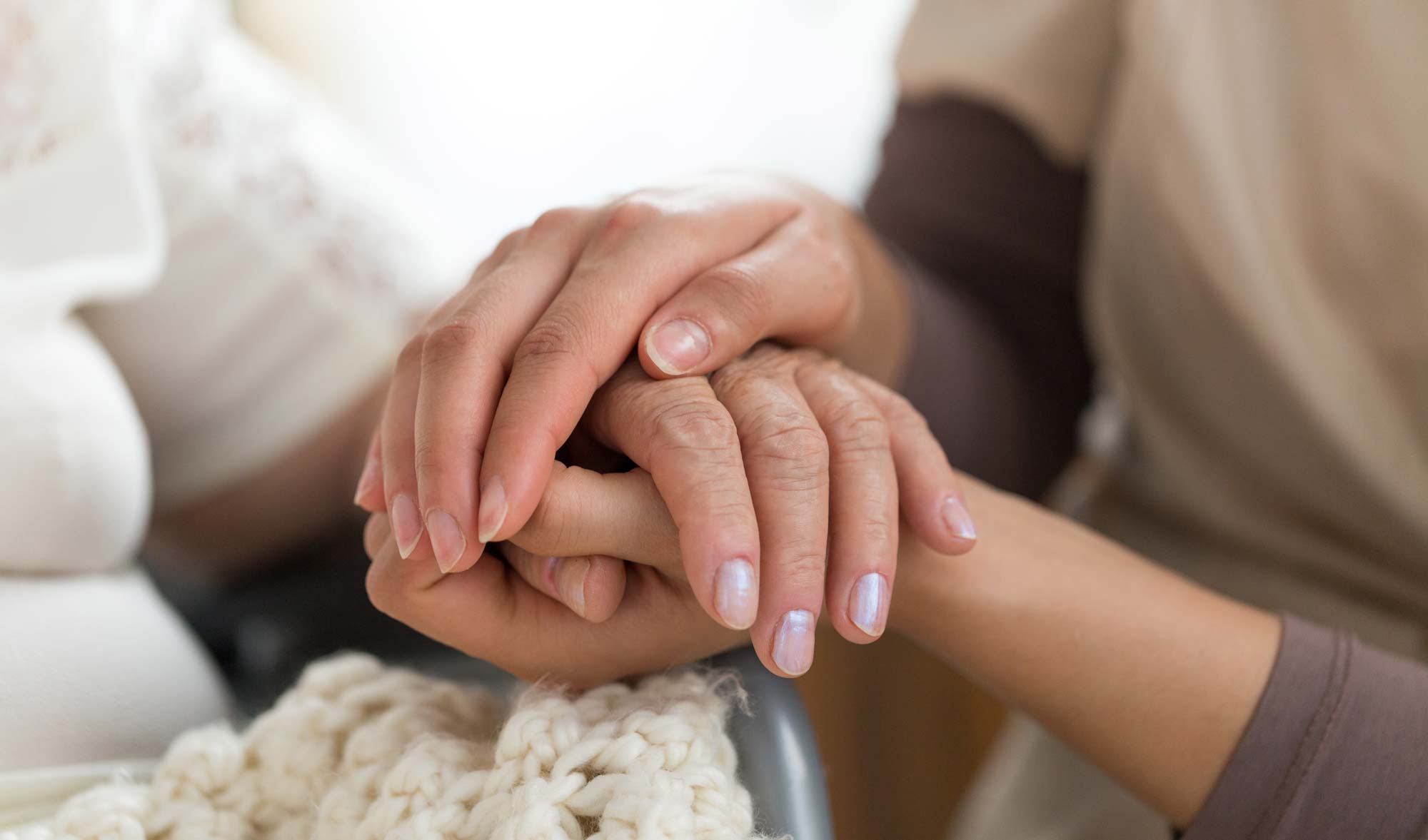When it comes to Dementia, many people may think that it is simply a disease. Although, Dementia is not any specific Disease and is definitely not simple. Dementia is a common reference for someone who begins to lose the ability to remember, think of, or still make decisions like they normally would during their everyday activities. Dementia generally affects adults 65 and older but is not a normal part of aging.
Normal Aging consists of developing weaker muscles and bones, problems with stiffening Vessels or Arteries, and normal age-related memory issues, such as:
- Forgetting or mixing up a loved one’s name.
- Having a hard time remembering a certain word during conversations and sentences.
- More than occasionally misplacing an item like their Car Keys, TV Remote, Etc.
Alzheimer’s Disease
There are many different types of Dementia, but Alzheimer’s Disease makes up 60 to 80 percent of Dementia cases. It generally begins with not remembering a conversation or event that happened within minutes to a couple of hours previous. It may progress to more essential memories such as their past or previous family recollections. If you have a first-degree family member with or had Alzheimer’s disease, it can increase your potential risk of developing dementia later in life, 10 to 30 percent.
- Treating Dementia is an ongoing research, it has provided a couple Medications that may help manage or protect the brain from symptoms such as Anxiety and Behavior.
- It is important to remember that keeping a healthy lifestyle can be a key factor into preventing later health issues. A clean diet, regular exercise and a healthy social life can help reduce risks of developing a form of Dementia.
Caring & Understanding for A Loved One with Dementia
When trying to communicate to a loved one who has Dementia, remember to:
- Always try and avoid escalating any anger or upset behavior.
- Remember that Aggression is a natural reaction to feeling scared or helpless.
- Try to empathize with your loved one and never try to force them to adapt to your communication style, or anything that is farfetched from their normal routine. It does not help and could potentially do more harm than good.
Keep in mind that more advanced stages of Dementia will require more Intensive care. Their surroundings will also start to make a huge impact. Normal home appliances and products may not be safe to leave around your loved one anymore. As their memory and cognitive skills start to worsen, they might harm themselves or others by not remembering the proper use of or what certain things even are. For example, turning on a stovetop and either touching it or forgetting about it, opening or unlocking the front door and wandering into the street, or simply away from their home without being seen. Many factors could be a possible hardship for keeping someone with Dementia safe.
It is easy to get overwhelmed and feel completely responsible for the care of your loved one. Although, when it comes a time, it is important to reach out for help. Hiring a professional In-Home Care Company will not only give your loved one high-quality care, but it will also provide relief so you can continue taking care of your other family members, as well as yourself. In knowing that your loved one is in safe hands.
https://www.cdc.gov/aging/dementia/index.html
Written by Emalee Walton
7/16/2021
